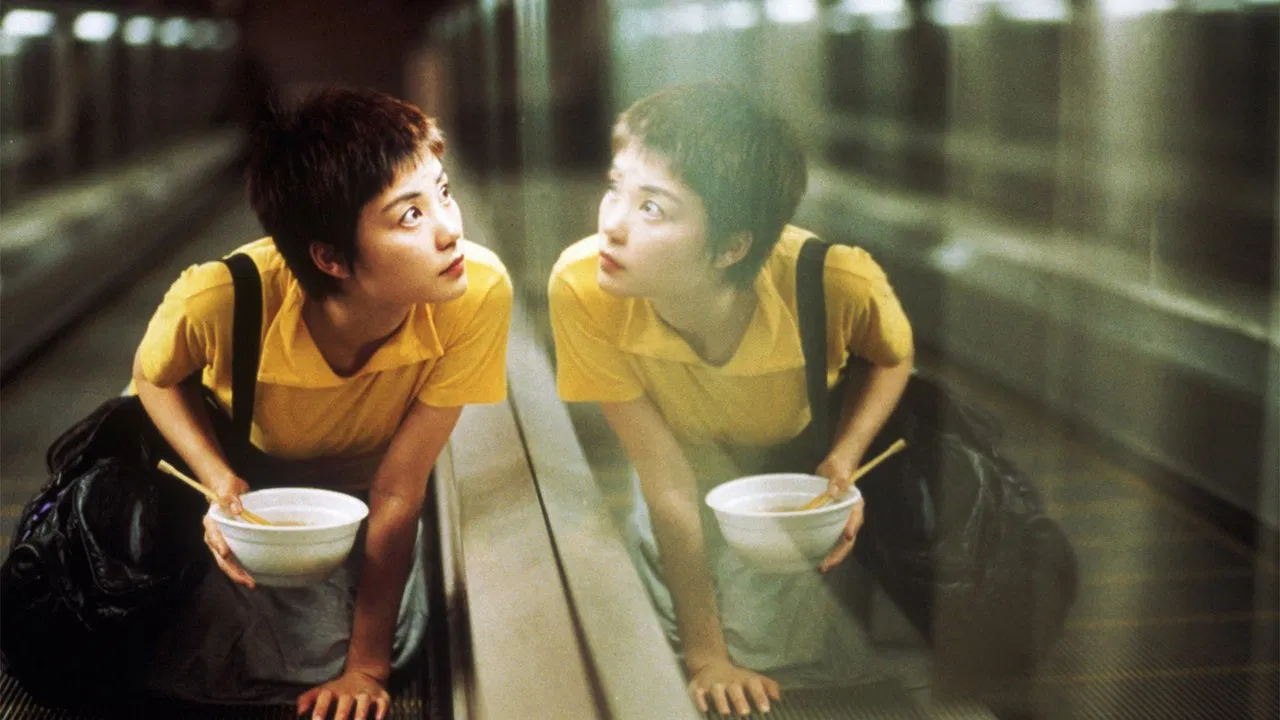Cinema of 1994

Cinema of 1994 is remembered as one of the most influential years in modern film history. Quentin Tarantino’s Pulp Fiction electrified Cannes and global audiences alike, reinventing narrative structure and dialogue with a mix of grit, humor, and pop culture cool. In parallel, Robert Zemeckis’s Forrest Gump captured mainstream hearts, winning multiple Oscars, while Frank Darabont’s The Shawshank Redemption quietly became a beloved classic through word of mouth and later home video.
On the international stage, Krzysztof Kieslowski’s Red concluded his Three Colors trilogy, cementing its place as one of the most significant achievements in European cinema of the decade. Edward Yang’s A Confucian Confusion reflected Taiwan’s rapidly changing society, while Wong Kar-wai’s Chungking Express burst onto the scene with its frenetic style and romantic melancholy, embodying a new energy in Hong Kong cinema.
1994 also nurtured rising voices and alternative visions. Kevin Smith’s micro-budget Clerks gave indie cinema one of its most unlikely success stories, while Luc Besson’s Léon: The Professional delivered both art-house intensity and cult appeal. Balancing Hollywood icons, daring auteurs, and groundbreaking international voices, 1994 remains a defining year that shaped the landscape of contemporary cinema.